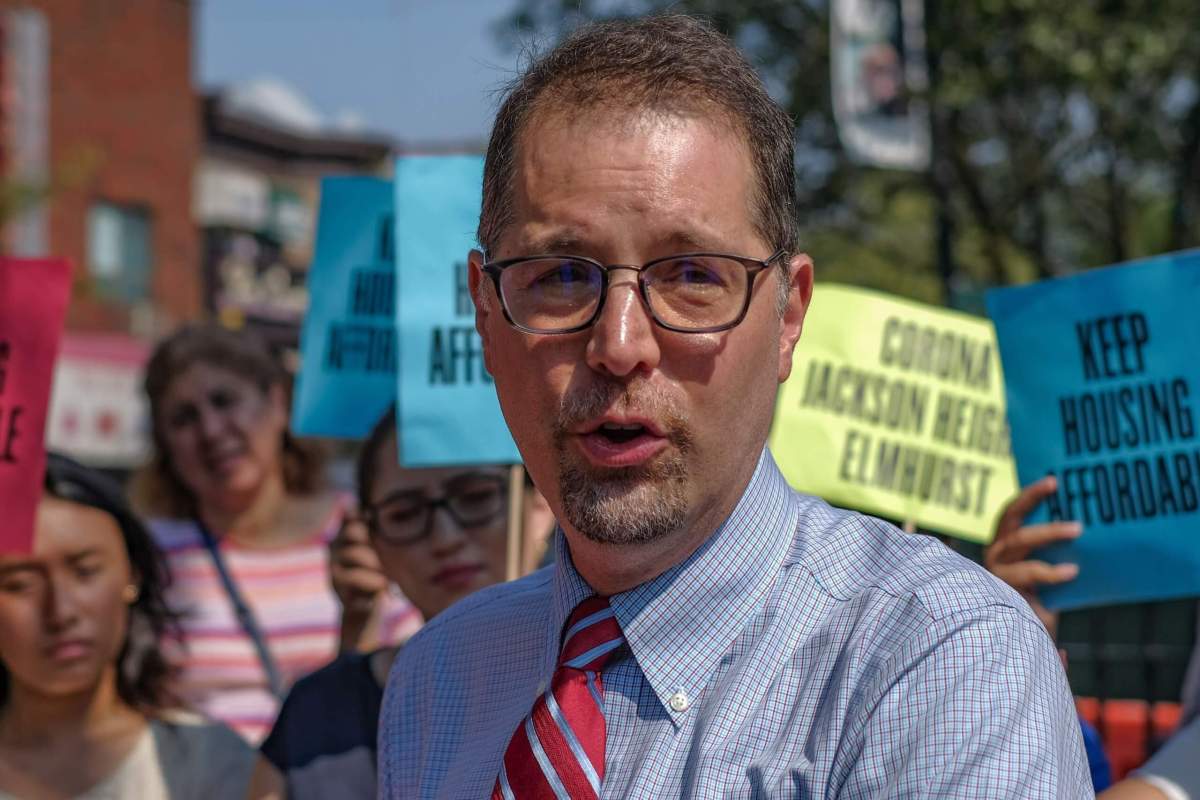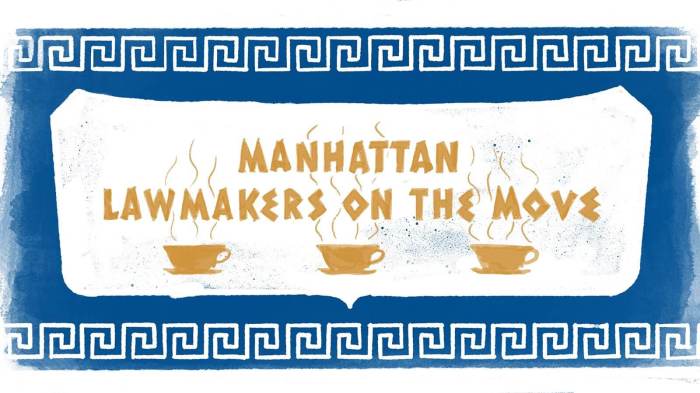Councilman Mark Levine, as part of his platform in the race for Manhattan borough president, says he plans to use the position’s “bully pulpit” to advocate for changes on how the city hires minority and Women-owned Business Enterprises (MWBEs) in the future.
While the city has committed to handing big contracts to MWBEs, most agencies are not meeting a requirement of 30% to these businesses because many independent operations of that size do not qualify for billion-dollar projects.
Levine told amNewYork that his solution is this: break contracts into smaller pieces so a greater range of contractors can benefit from the jobs big projects, such as East Side Coastal Resiliency Project which has been undertaken by AECOM for initial surveying thus far.
“Most agencies are not reaching the 30% goal, and a big reason is just how big the contracts are. It just requires enormous resources to apply for billion dollar contracts which require to prove experience and even the compliance needs can be overwhelming,” Levine said.
According to Levine, if these contracts were broken up into sections that are about $5 million a piece, this will give MWBEs a fighting chance in getting awarded.
With the borough president’s office holding discretion over $50 million, Levine says he will only invest that money in agencies that have credible plans to hire more MWBEs. But in the end, action will be required on the part of the city council and whoever the next mayor may be.
“There’s also a real problem with the timeliness of payment, which if you’re AECOM, you can handle because he had big cash reserves,” Levine added. “But, again, for smaller MWBEs, this can be really an insurmountable challenge to getting city contracts when they don’t have nine months of cash flow for a big project. So more timely payment would also help level the playing field for MWBEs.”
MWBEs may not even stand a chance against cost-overruns that plague many contracts, Levine said.
“Well, often the project’s deviate from the expected amount at the time of [request for proposals], and that is really the more accurate view of how much of our city contracts are going to MWBEs, but that’s not the number reported out, the data that you’re looking at is based on the expected contracts at the time of the RFP,” Levine said. “Often the value and the cost of the contract can go up in time that will go down but usually, it goes up. It can go up substantially so if you don’t if you’re not seeing the amount ultimately paid out you’re really, you’re potentially getting a very skewed view.”
Levine faces a crowded field of candidates in the Manhattan borough president’s race, which include Lindsey Boylan, Brad Hoylman, Ben Kallos, Elizabeth Caputo, Guillermo Perez and Kimberly Watkins.
The Democratic primary is on June 22.



































